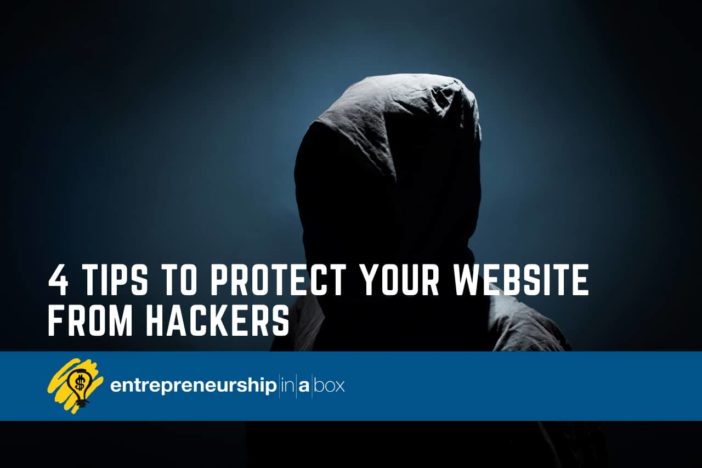You might not think that your business website is a target for cyberattacks, but you’d be surprised at how many websites breaches there are every year. Websites are one of the most commonly accessed digital platforms by hackers, and they’re a window into the back-end of a business’s internal database.
Hackers often use websites as a way to compromise a company’s cybersecurity network and block the site. They will then ask for a sum of money to remove the block and grant the company access to its data once again.
Often, hackers trawl the internet in search of a website with weak security. If the front and back-end of your business website are poorly protected, you’re at risk of a major cybersecurity breach.
Below, we’ve listed four top tips to maximize your online security and protect your website from hackers.
1. Use a Fraud Detection Software
Platforms like Lunio.ai enable you to quickly identify fraud or suspicious activity and take action to eliminate it. For hackers to access your website, they need to install illegal bugs and malware on your system.
A fraud detection platform can immediately pick up on viruses, bugs, and malware. It will send you a notification so that you can investigate the issue and block the hackers before they manage to access the back end of your site.
2. Keep Your Software Updated
One of the most obvious but effective ways to protect your website is to update your software regularly. This includes updating your server operating system and any programs that you use on your websites, such as plug-ins or a CMS.
Outdated software and programs are easy for hackers to access as they already know where the weak spots are and have probably already accessed similar programs in the past. If you update your website’s software, hackers won’t be able to use their usual tricks, and your data will remain safe.
3. Limit Login Attempts
A simple way to protect your website from hackers is to limit the number of login attempts that are allowed on your system.
Usually, business owners implement a program that allows a maximum of three login attempts before locking the system. Hackers will be denied access to your site if they input the wrong password three times, and you will receive a notification about the issue.
4. Avoid Uploading a Lot of Files
Allowing your employees to upload files to their computers can increase the risk of bugs and malware uploading onto your website. It’s good practice to limit or remove the ability for users to upload files from external devices or download them from the internet.
You can block file uploads and downloads by installing software onto your website or computer system. There is also software that scans files and documents to identify potential security risks. This is a great option if your users need to be able to upload files to complete their tasks but you also want to keep your system secure.



